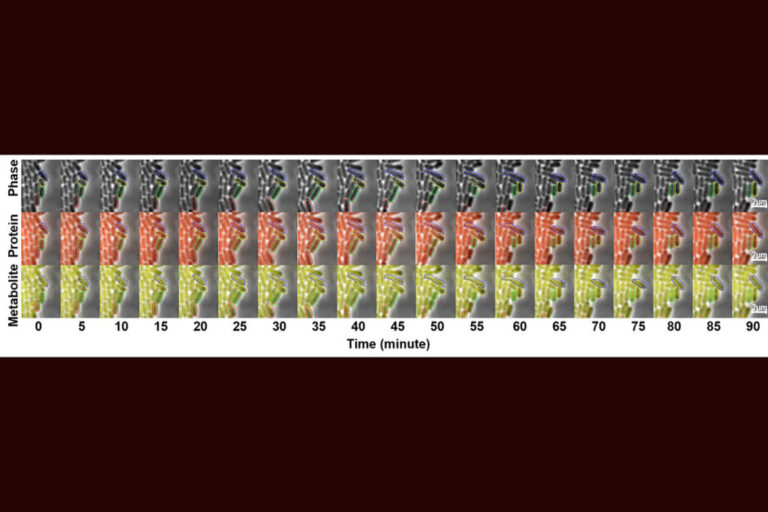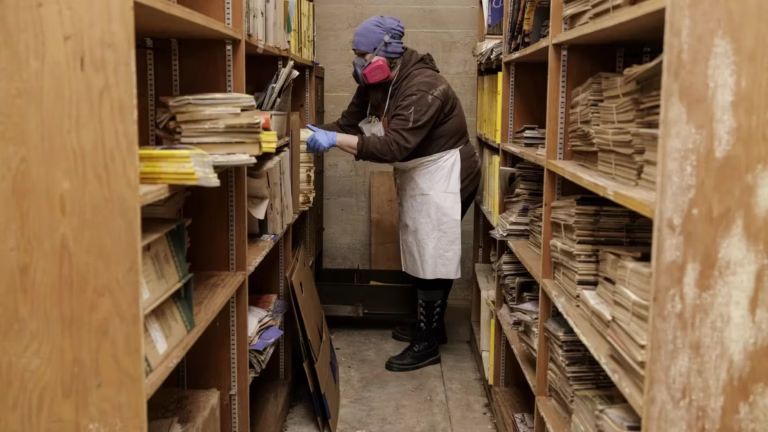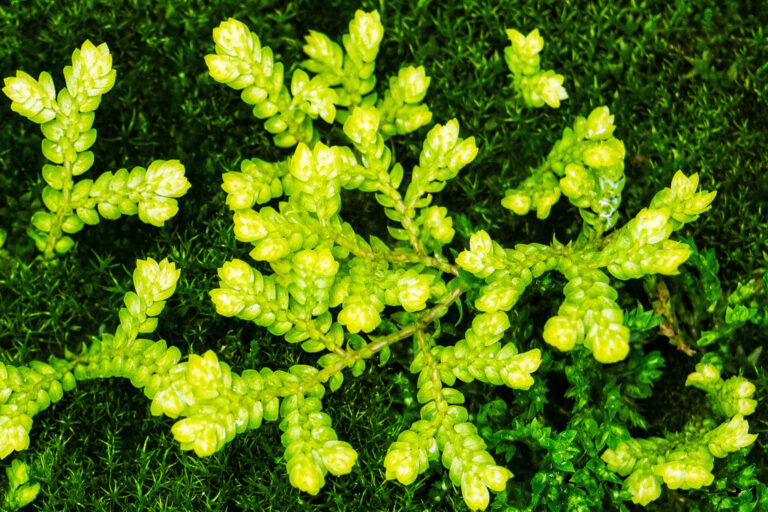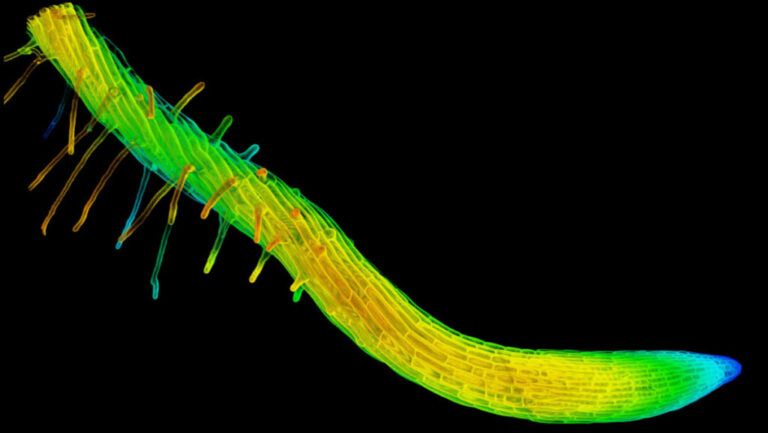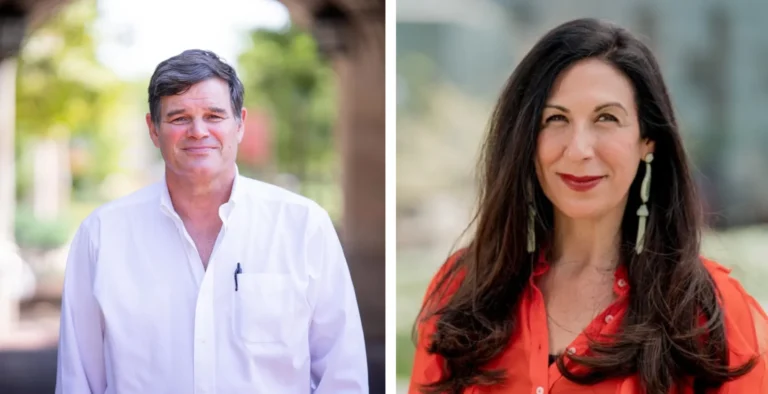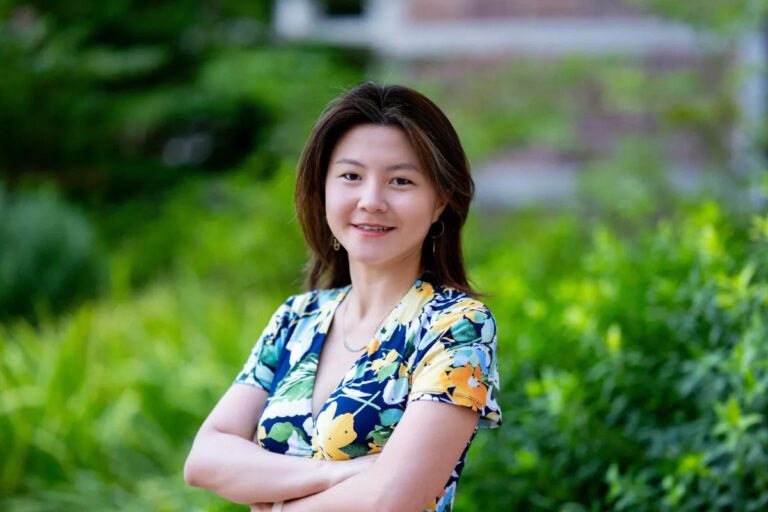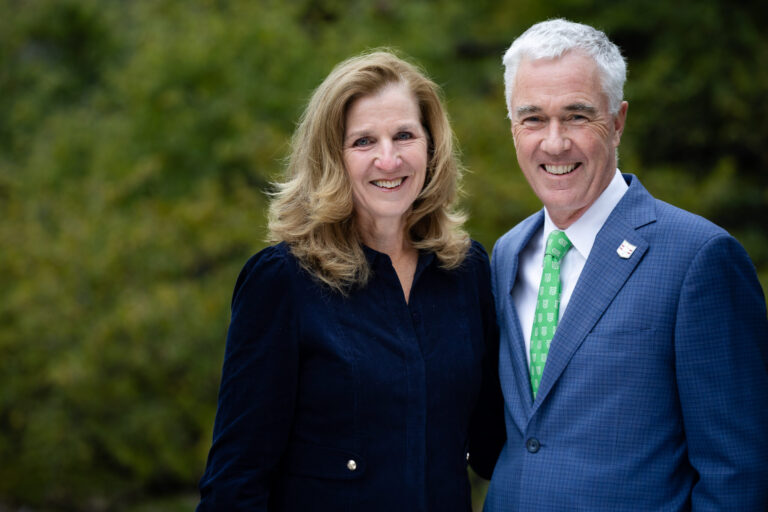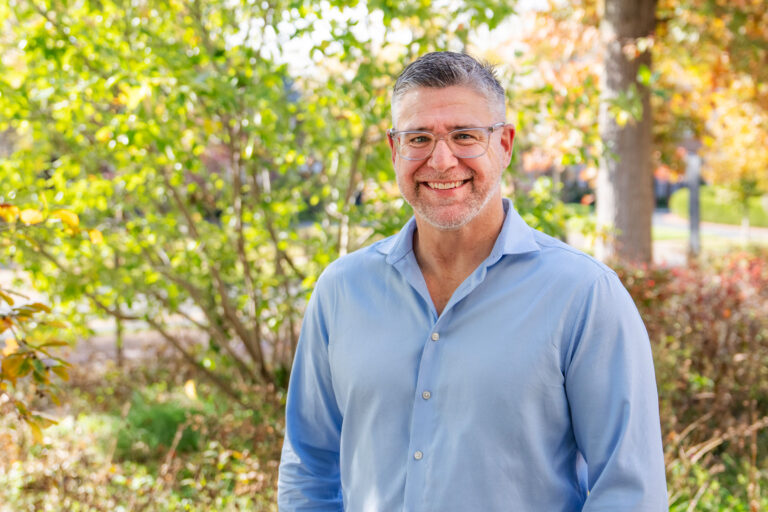Exploring metabolic noise opens new paths to better biomanufacturing
Researchers find ways to put microbes back to work
The secrets of bunker 46
Inside a World War II-era bunker at Tyson Research Center, preserved birds, handwritten logs and mold-covered artifacts tell a story of science, stewardship and changing times.
WashU Public Health launches research network to solve urgent health, environmental challenges
The School of Public Health at Washington University in St. Louis has launched a new research network — Solutions through Planetary Health Research (SPHERE) — to integrate public health and environmental research with the goal to improve the interconnected health of people and the planet.
Plant science with a twist
Researchers at WashU find mechanism for twisted growth of plant organs
Plant science with a twist
Researchers at WashU find mechanism for twisted growth of plant organs
How the Program in Public Health & Society is preparing tomorrow’s leaders
The year was 2022, and we were still living in the shadow of COVID-19. Like many of our colleagues, we were cautiously gathering for the first time (masked) after virtual classrooms, remote work, and daily headlines that had suddenly made “public health” a household phrase. For many, the term felt new. But for us, it had long been central to our work.
Shen receives environmental performance award
Shiran Victoria Shen, an assistant professor of political science in Arts & Sciences at Washington University in St. Louis, received the 2025 World Citizen Prize in Environmental Performance from the Association for Public Policy Analysis and Management.
Accelerating real-world impact in public health
WashU launches Ryan Institute for Interdisciplinary Health Solutions
How chemical “sponges” could change the world: A conversation with Zach Zheng
Zach Zheng uses AI to create metallic-organic compounds with potential applications far beyond the lab.
A conversation with public health entrepreneur Joe Steensma
A professor of practice, Steensma focuses on the integration of business and entrepreneurialism with public health
